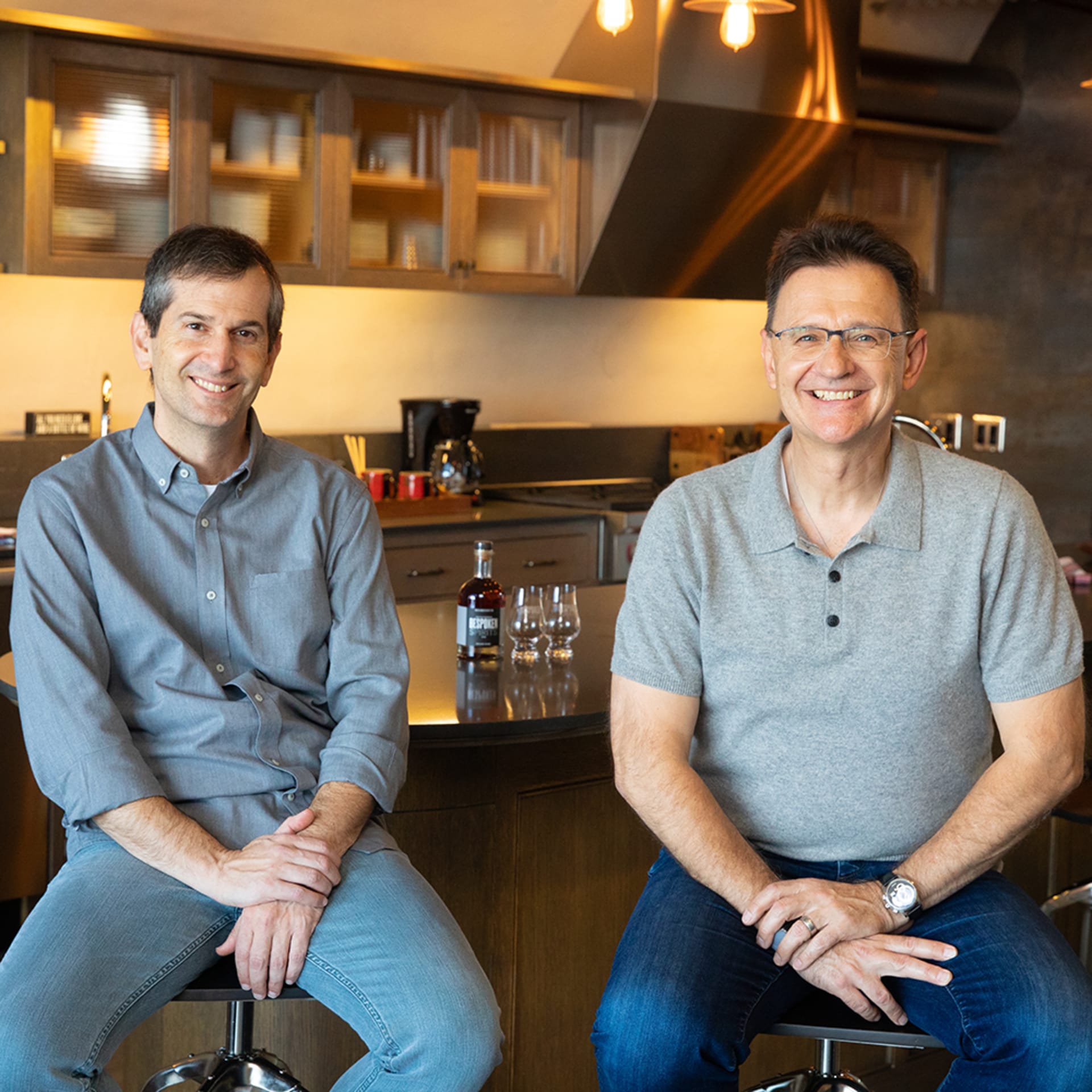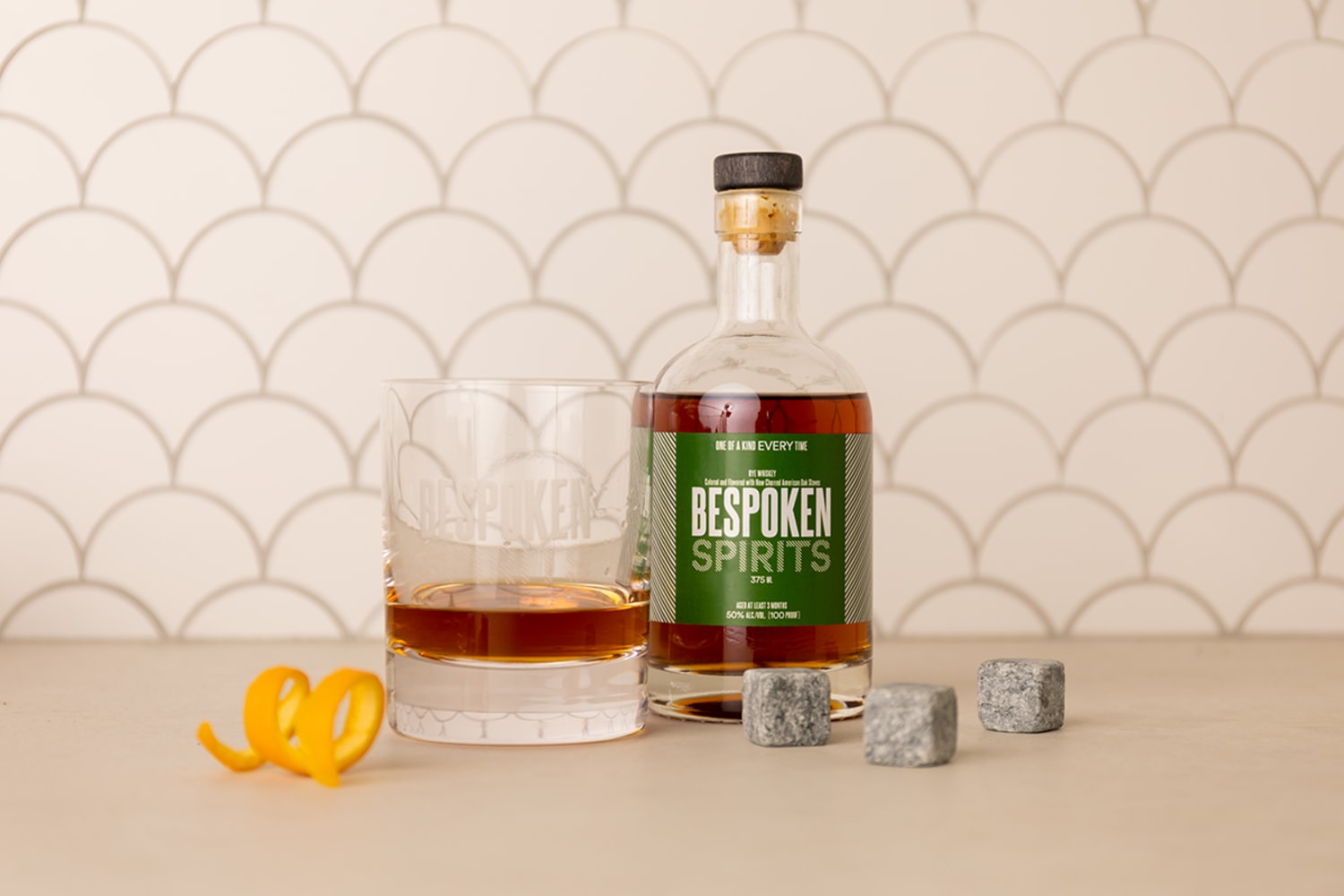Why wait years to sample aged liquor when it’s possible in a matter of days? Bespoken Spirits, launched by Martin Janousek and Stu Aaron, aims to upend the slow, wasteful and antiquated spirits industry with a new sustainable maturation process. Leveraging modern technology, material science and data analytics, the Californian company are able to meticulously tailor the aroma, color and taste of craft spirits in under a week.
Bespoken Spirits launched in 2018 to help distillers, rectifiers and retailers create or correct spirits. Since then, they have launched their own branded products, and in October 2020, a group of investors including former New York Yankees player Derek Jeter invested $2.6 million to help scale the business.
We caught up with Martin Janousek and Stu Aaron to discuss how they are disrupting the multi-billion-dollar spirits industry, how they are appealing to modern tastemakers and why variety is important today.
How did Bespoken Spirits come about?
Stu Aaron: Martin and I have known each other for about 15 years now. Martin is a material scientist by training and happens to be a foodie by passion. I’m the business guy and have the everyman palette.
The business came about back in 2017. Martin was frustrated that in his wine and whiskey club, to get a bottle of something awesome to drink you either had to spend a lot of money or you had to buy the bottle years in advance and just sit on it, and he didn’t understand why it had to be that way. So, like any good scientist, he started tinkering, reading and inventing. And then he came up with the technology behind Bespoken.
Using modern science and technology we realized that we could reimagine and master the maturation process for spirits—take something that is trial and error, imprecise, slow and expensive and turn it into something that is extremely precise. It allows us to take a source spirit, create a vision for a particular aroma and taste profile that we want that spirit to become and make that spirit quickly.





